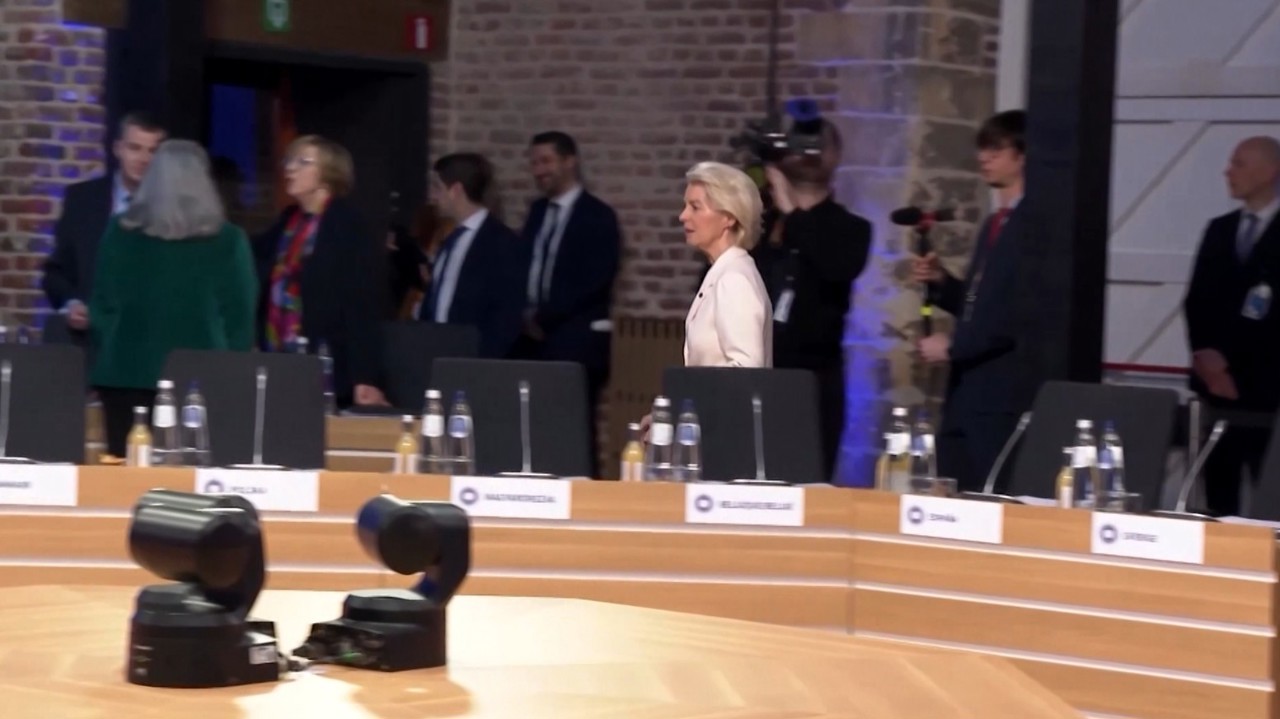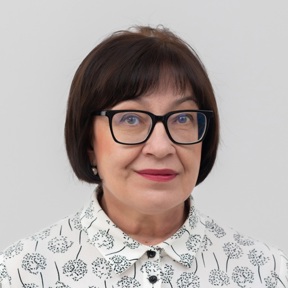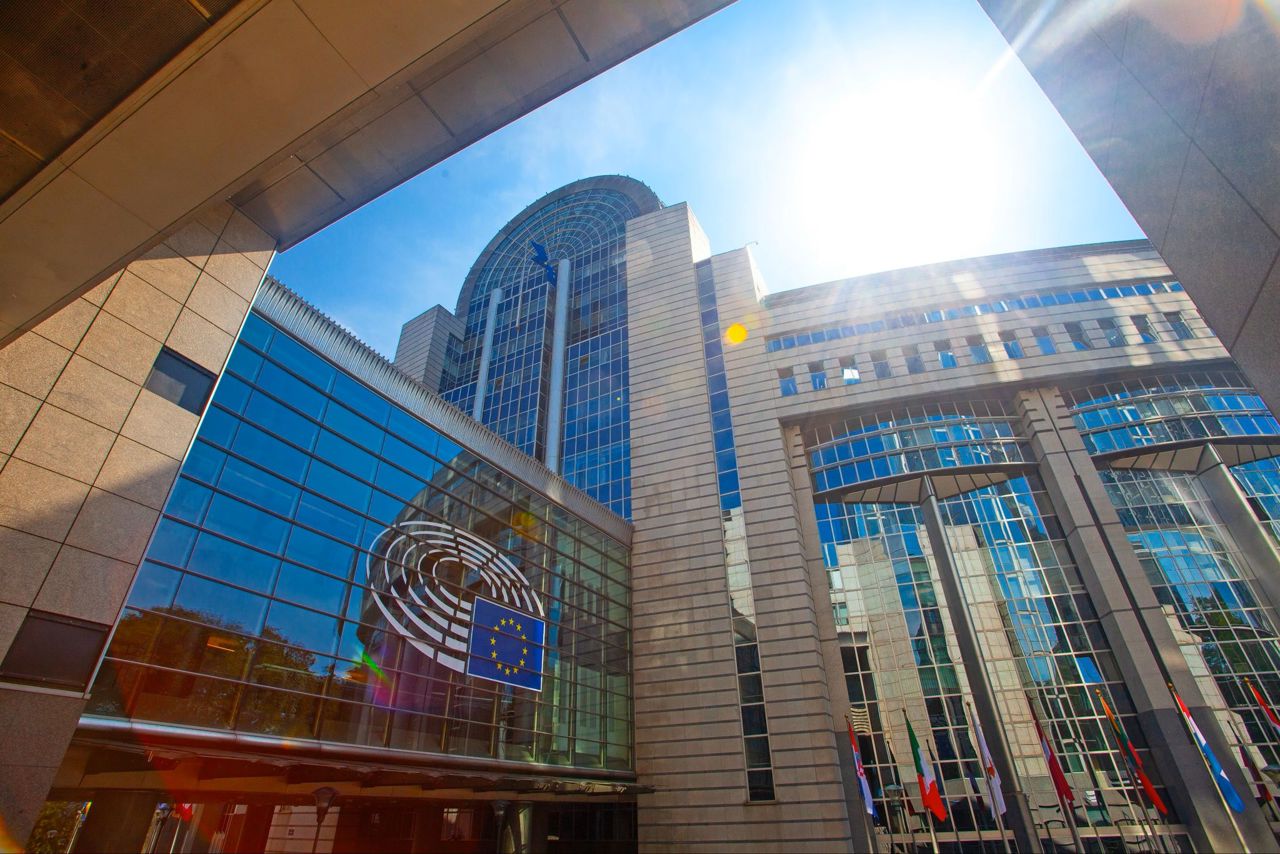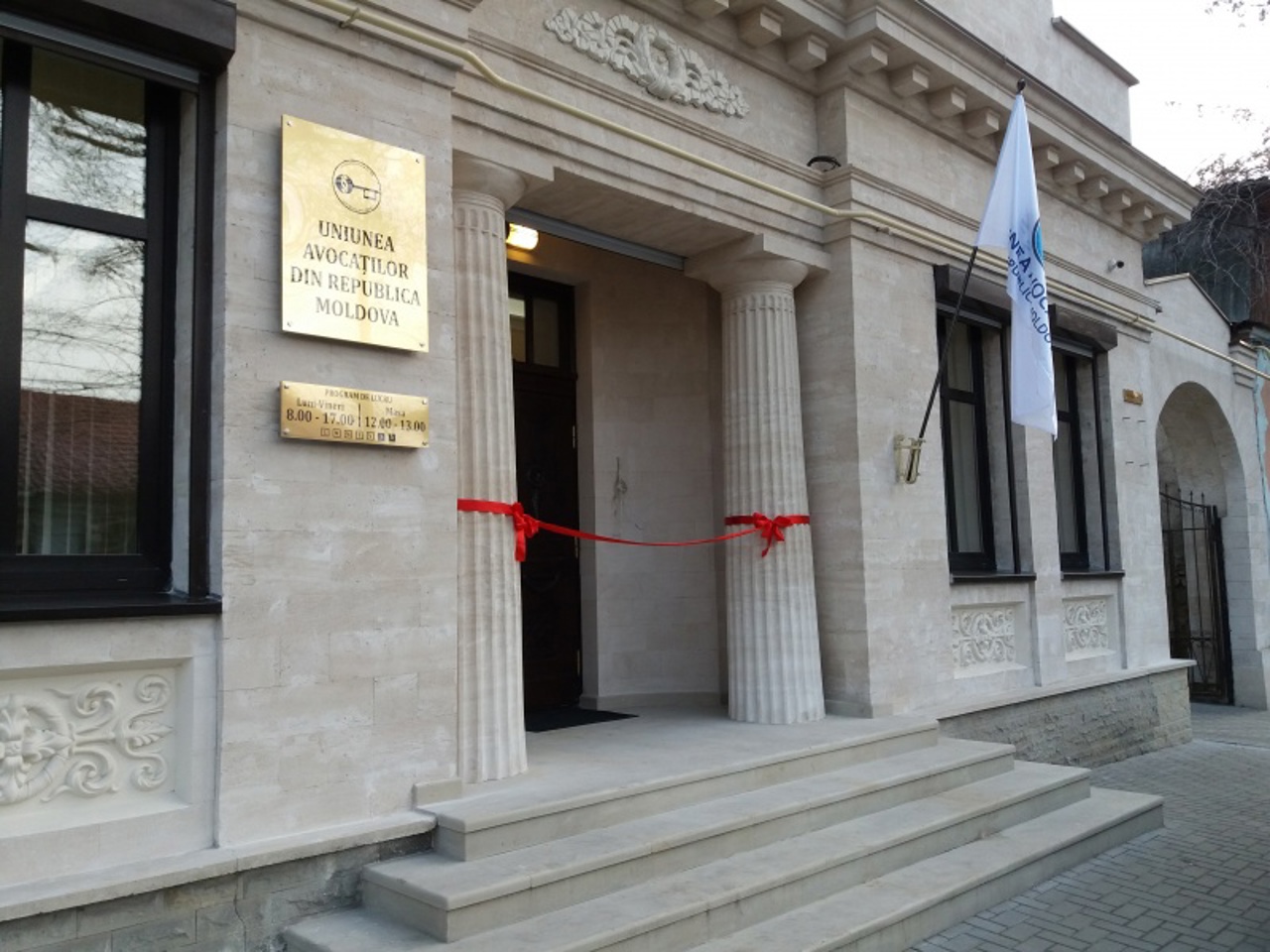U.S.-Russia talks on Ukraine conflict bring new principles
The recent discussions between the United States and Russia, held in Riyadh, focused on resolving the Ukraine conflict and normalizing their bilateral relations.
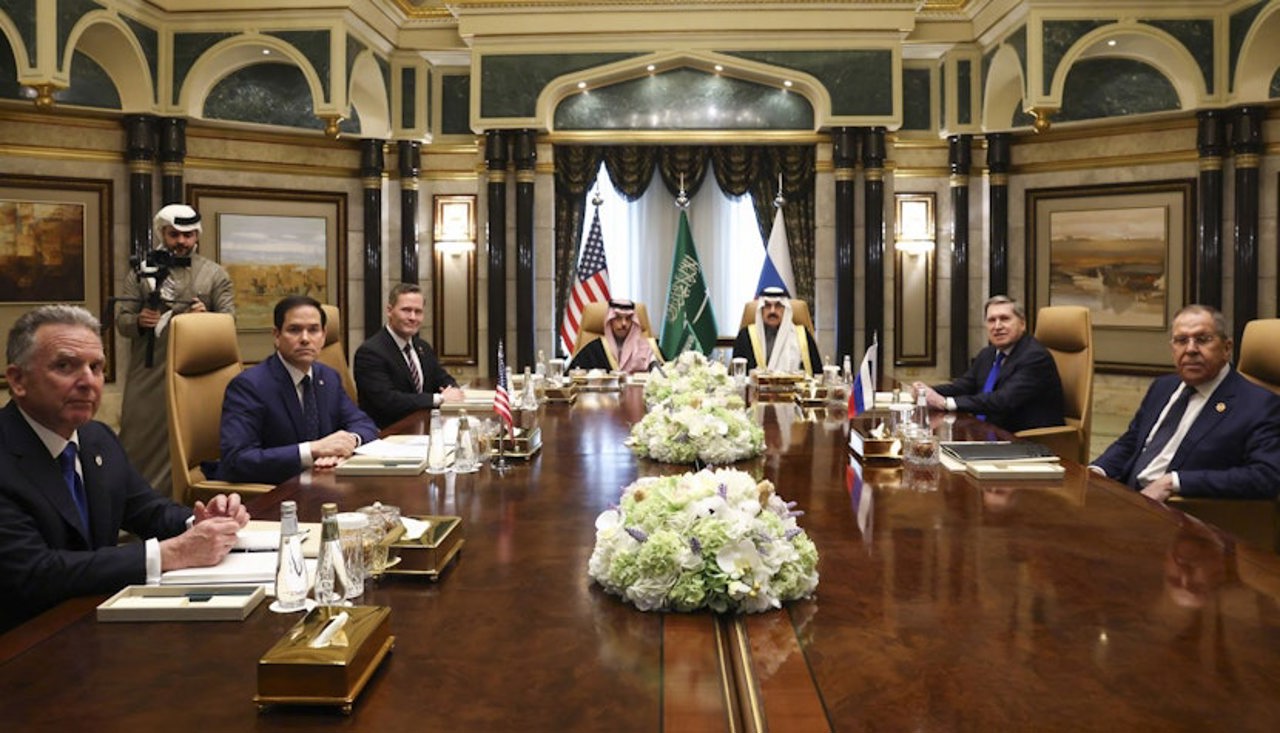
The meeting concluded with the establishment of four principles aimed at achieving peace, with both sides agreeing to form high-level teams dedicated to finding a lasting resolution. The Russian delegation described the talks as positive, while the U.S. announced their intention to appoint teams to work on a sustainable end to Russia's war in Ukraine.
However, Kyiv and its European allies expressed concerns, particularly about Moscow's new demand: that Ukraine should not join NATO. This meeting, marking the first contact of its kind between the two nations since Russia's invasion of Ukraine, also highlighted Russia's position on NATO expansion and the unacceptable foreign military presence in Ukraine.
The talks, which lasted about four and a half hours, also resulted in an agreement to restore the functionality of diplomatic missions in Washington and Moscow. U.S. Secretary of State Marco Rubio emphasized the importance of finding a solution that would be acceptable to all parties involved, including Ukraine, European partners, and Russia.
Russian Foreign Minister Sergey Lavrov warned against foreign troop deployments in Ukraine, declaring them unacceptable. He reiterated that NATO's expansion and the potential inclusion of Ukraine in the alliance would pose a direct threat to Russia’s interests. Lavrov also made it clear that even if foreign forces operated under the banners of the European Union or individual nations, it would still be unacceptable from Russia’s perspective.
One of the key issues addressed in the discussions was the mechanism for consultations to tackle "irritants" in their bilateral relations, as both sides explored ways to end the war in Ukraine.
Russian economist Kirill Dmitriev, who participated in the talks, highlighted the significance of the dialogue, stressing that the world is now safer due to the communication between the two major powers. He also acknowledged the essential role Saudi Arabia played in facilitating the discussions.
U.S. National Security Advisor Mike Waltz outlined the fundamental principles for a resolution, emphasizing the need for a permanent end to the war and the focus on territorial issues and security guarantees. He noted that these principles would serve as the foundation for any further negotiations.
Ukrainian President Volodymyr Zelensky, currently visiting Turkey, expressed disapproval of the meeting, pointing out that the discussions about Russia’s invasion of Ukraine were taking place again without Ukraine’s involvement. He questioned why Ukraine was being excluded from crucial decisions regarding its future.
Zelensky also announced that he had postponed his visit to Saudi Arabia until March 10, suggesting that he wanted to avoid any association between his visit and the U.S.-Russia negotiations.
European Commission President Ursula von der Leyen, in a meeting with U.S. Special Envoy for Ukraine Keith Kellogg in Brussels, reiterated the EU’s commitment to a just and lasting peace in Ukraine. She emphasized the EU’s financial and military support for Ukraine and its readiness to intensify efforts to strengthen Ukraine’s defense against Russian aggression and internal challenges. Von der Leyen reaffirmed the EU’s position on respecting Ukraine’s independence, sovereignty, and territorial integrity, with strong security guarantees.
Translation by Iurie Tataru
